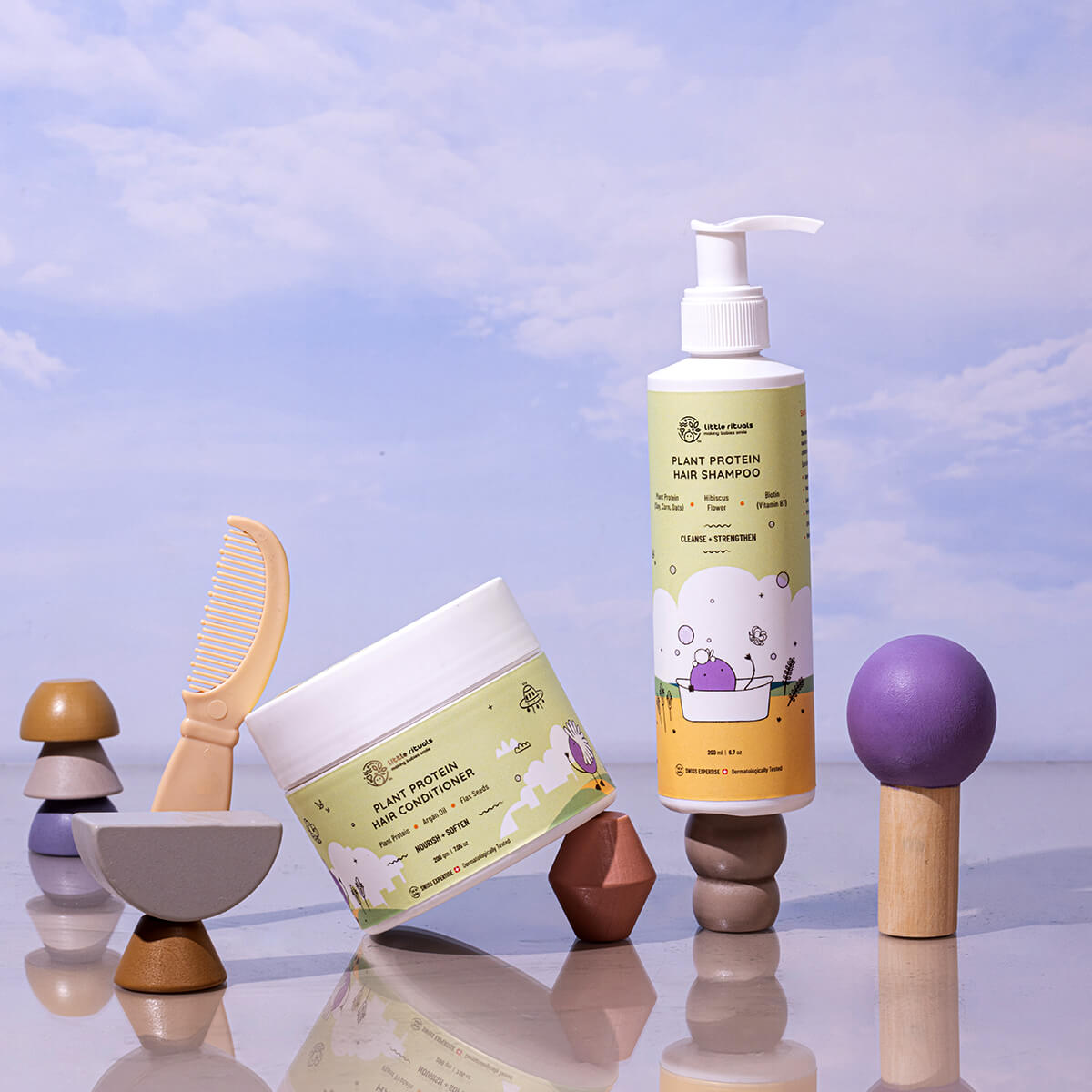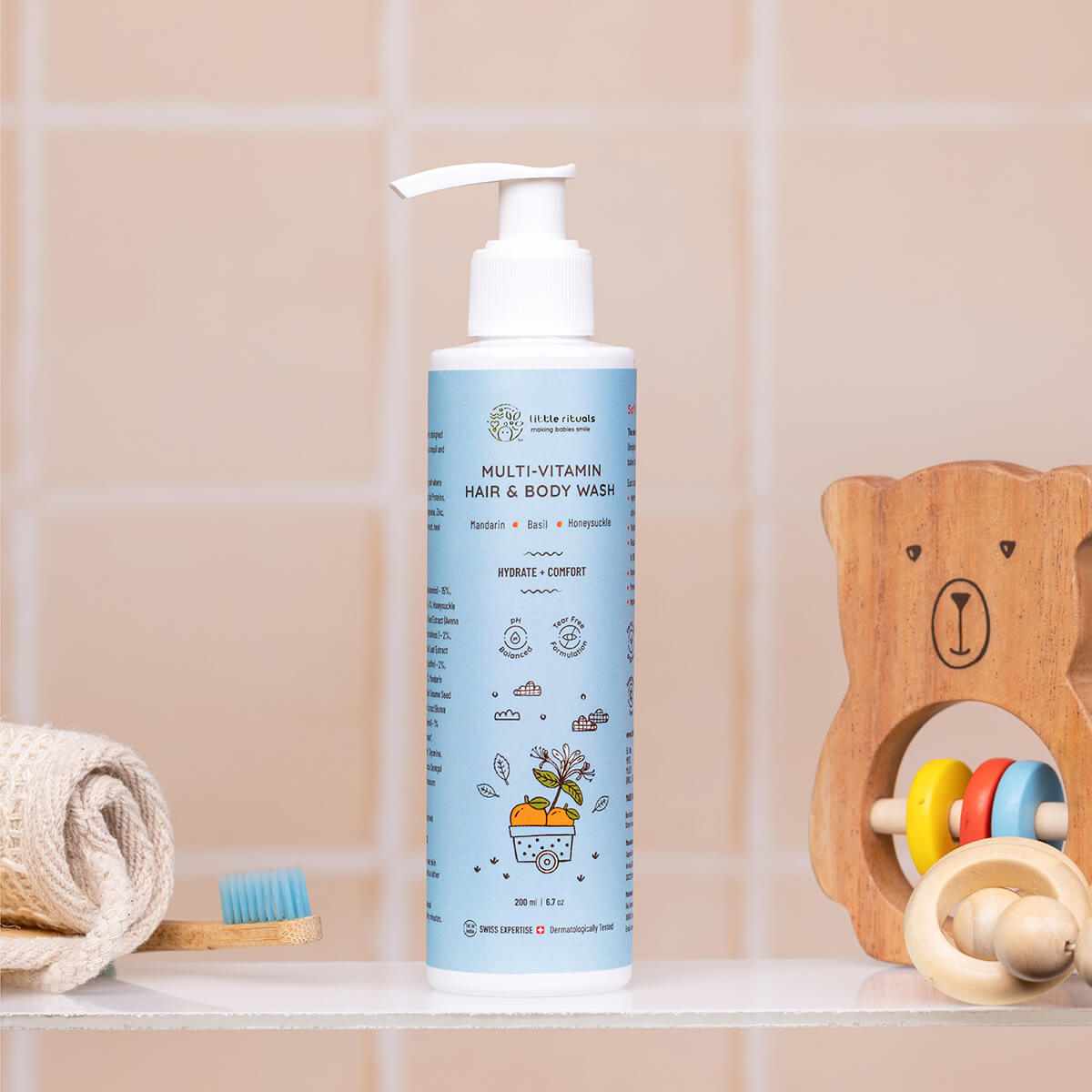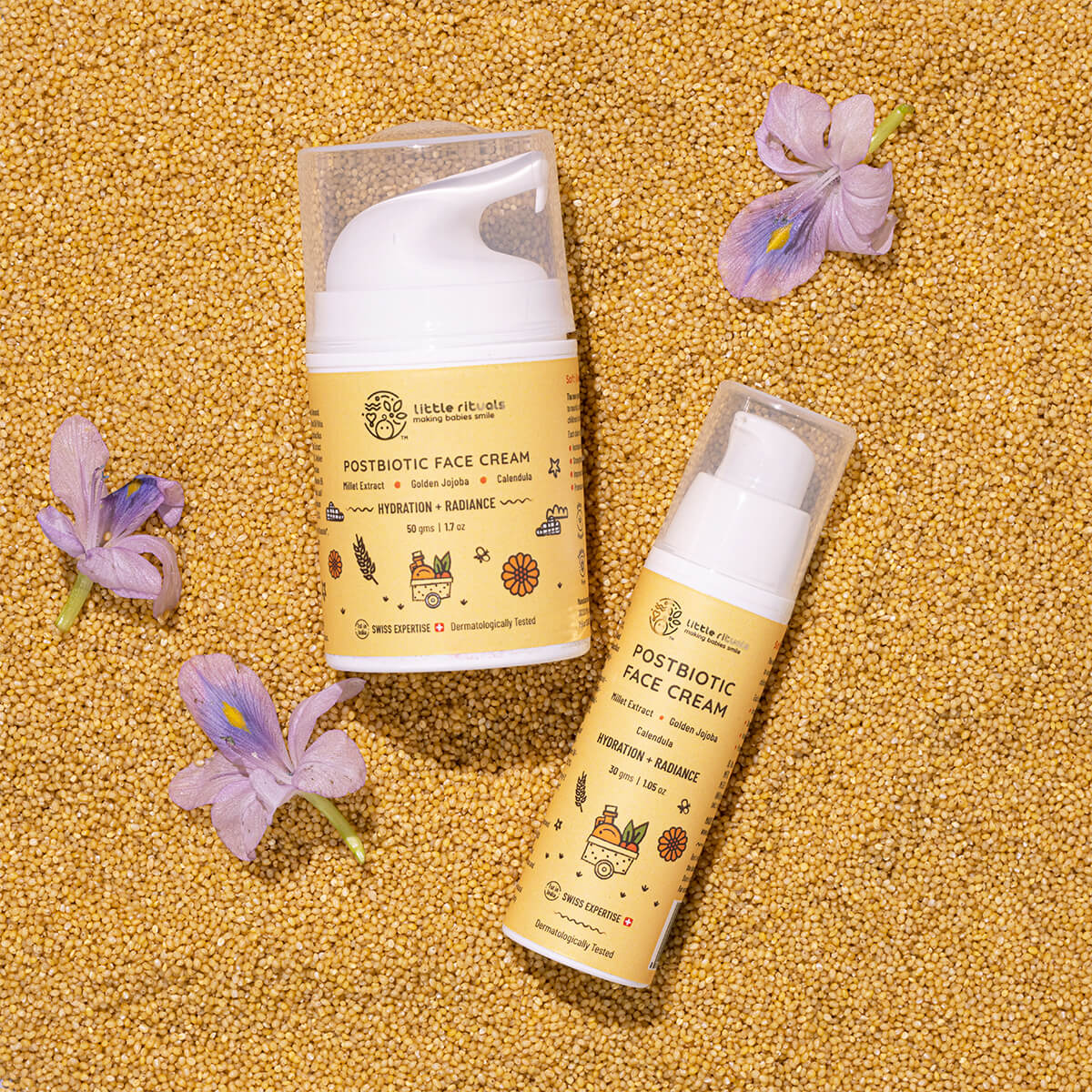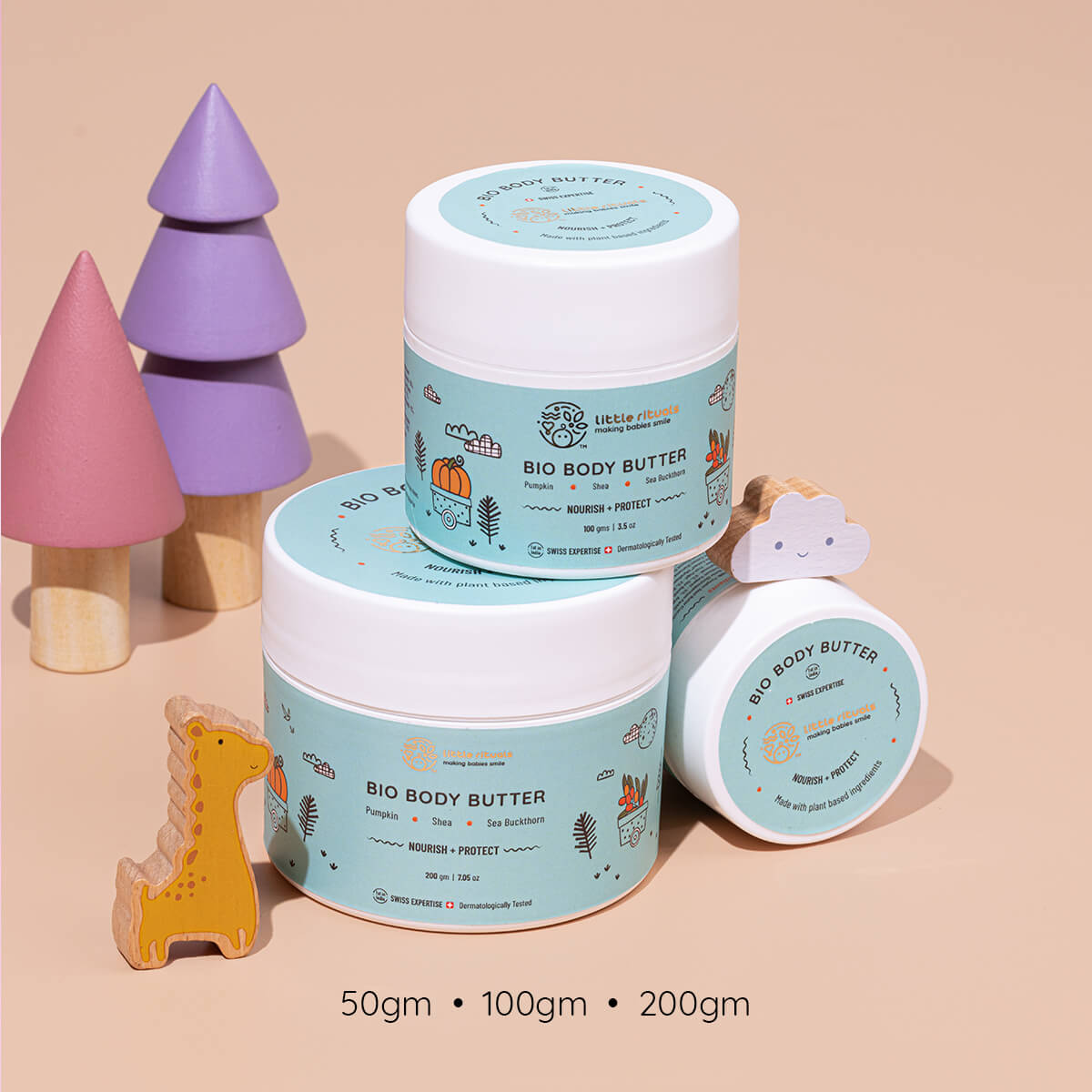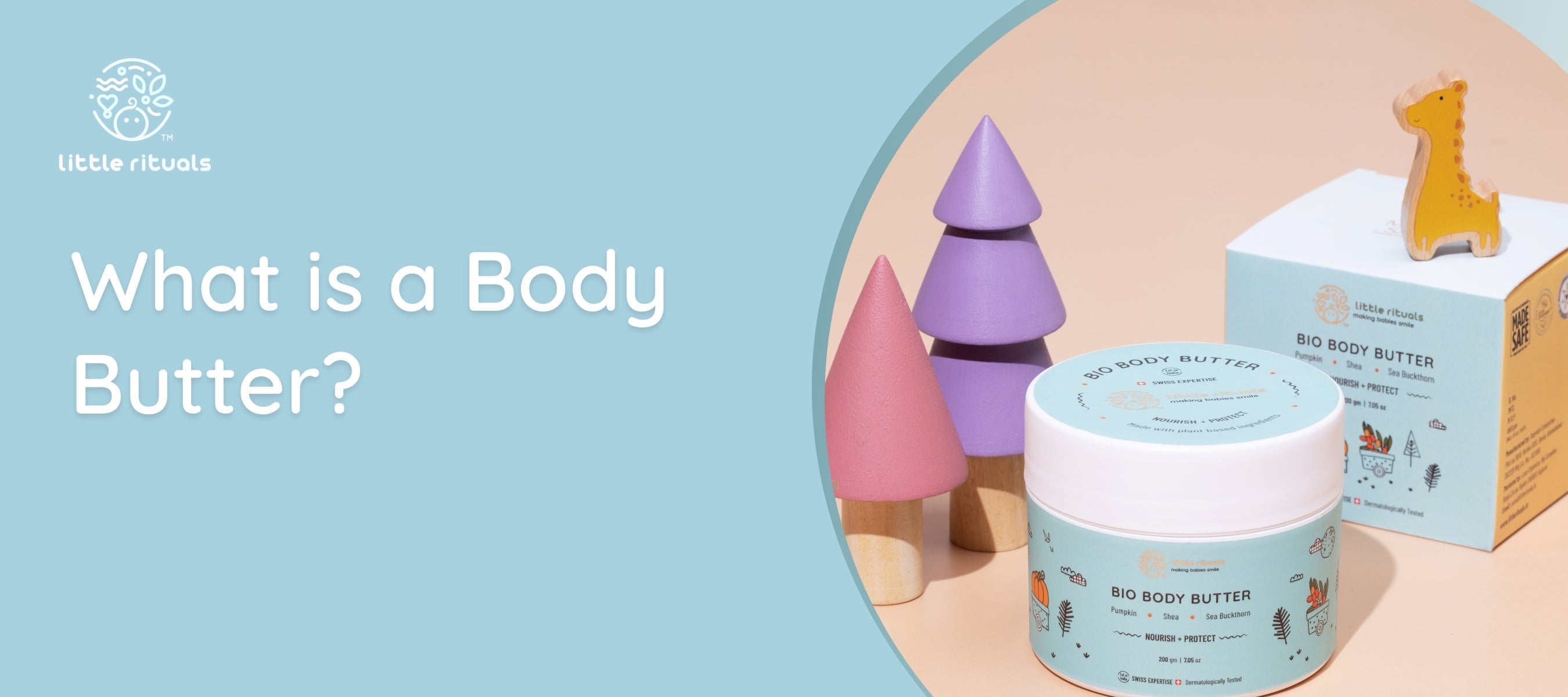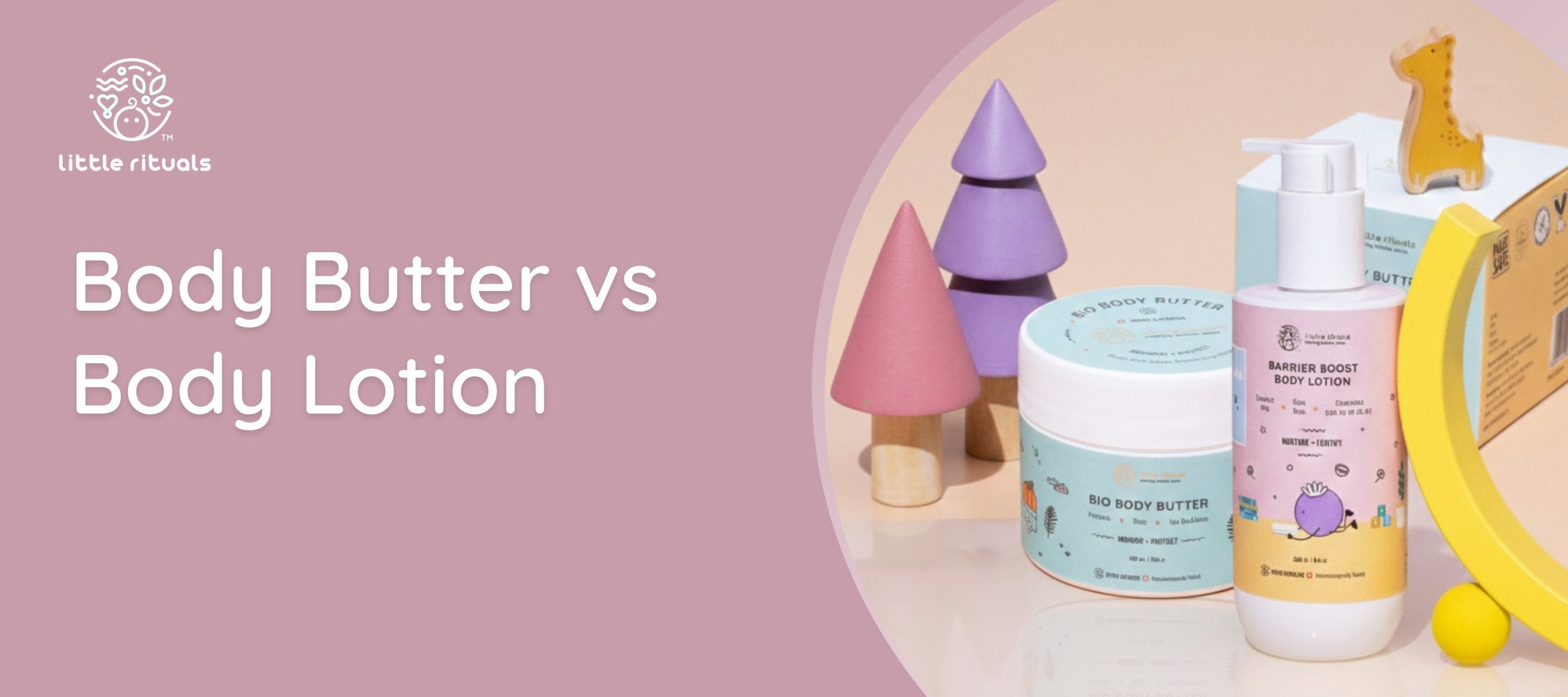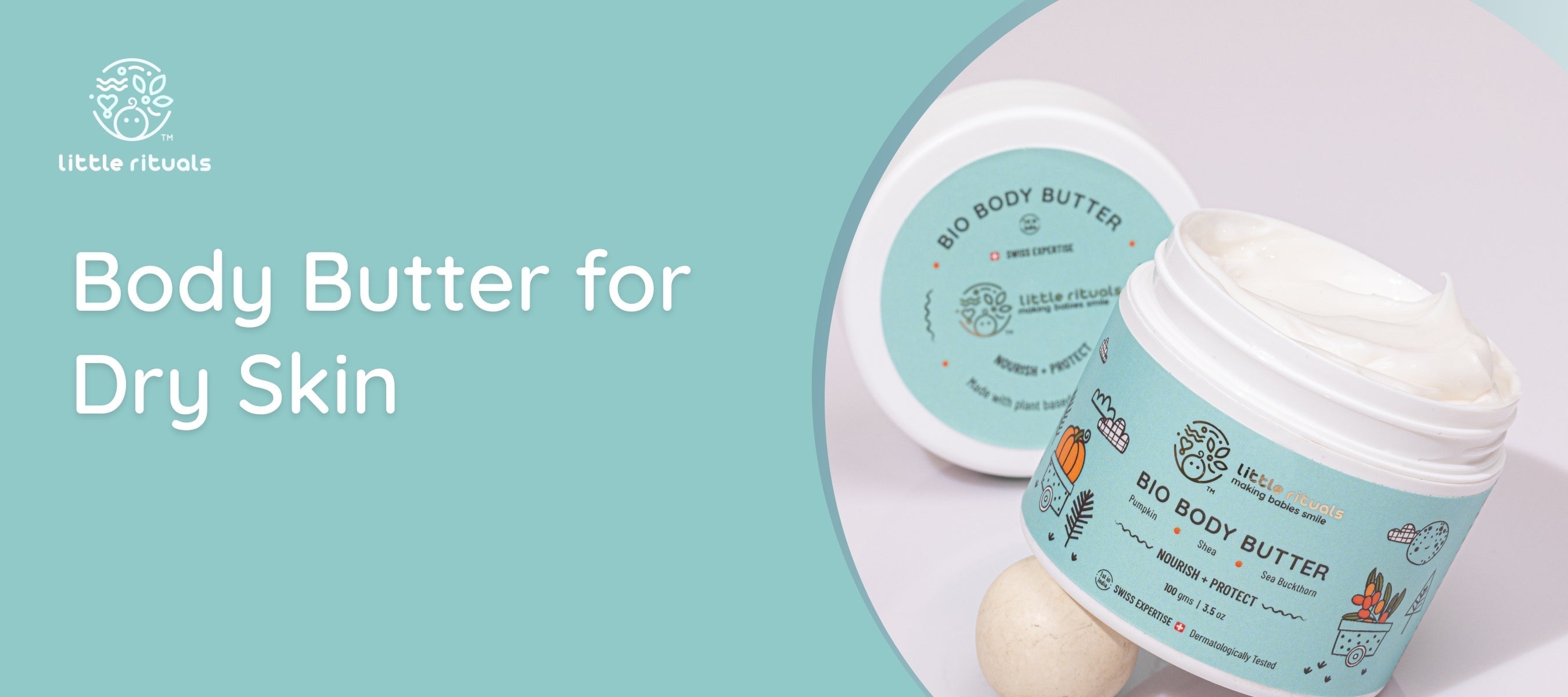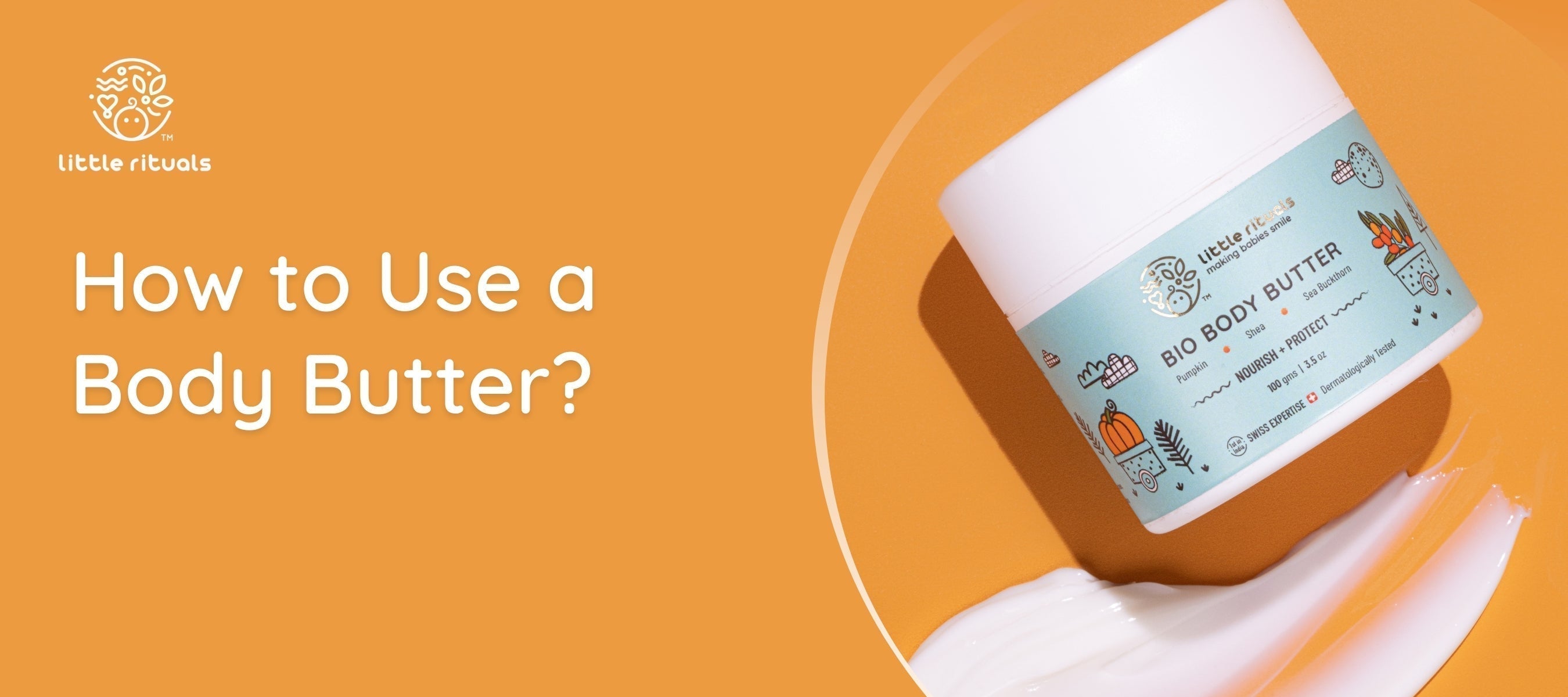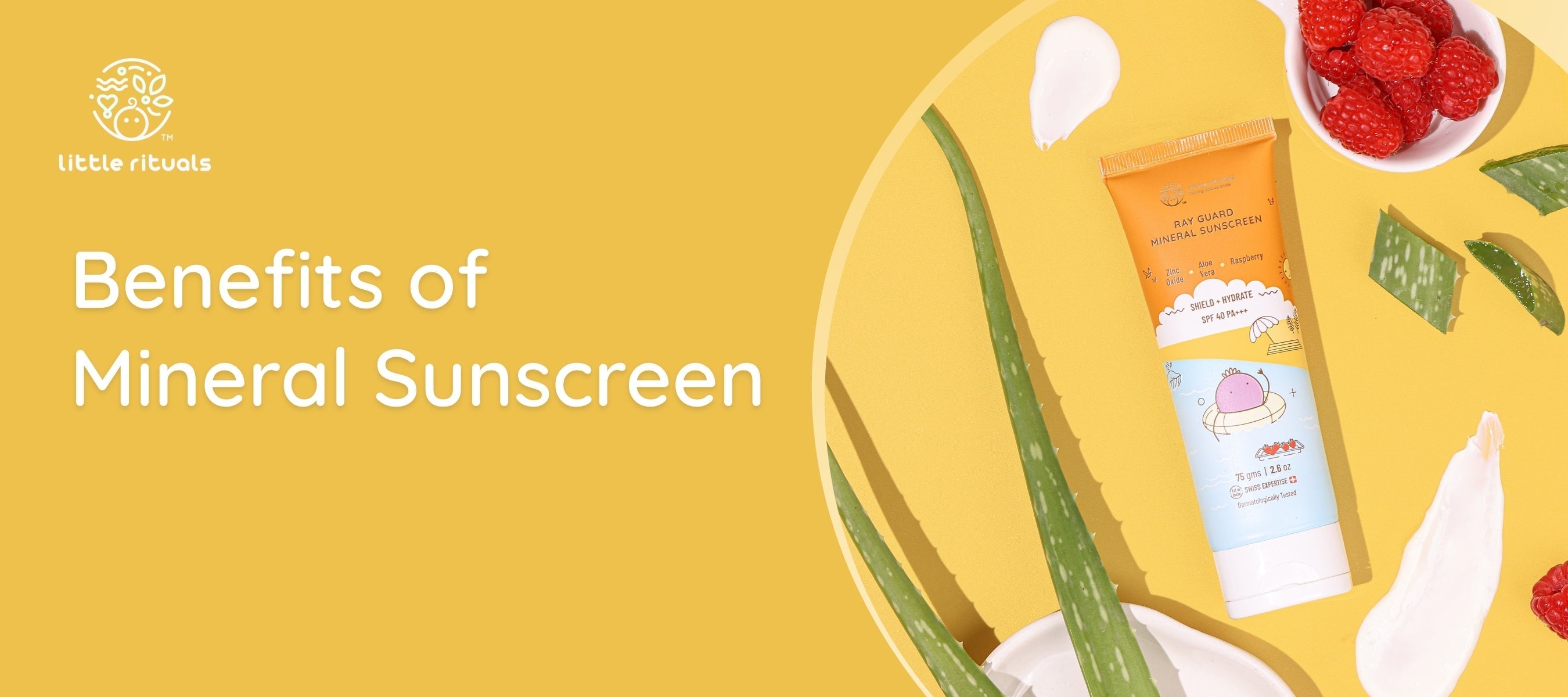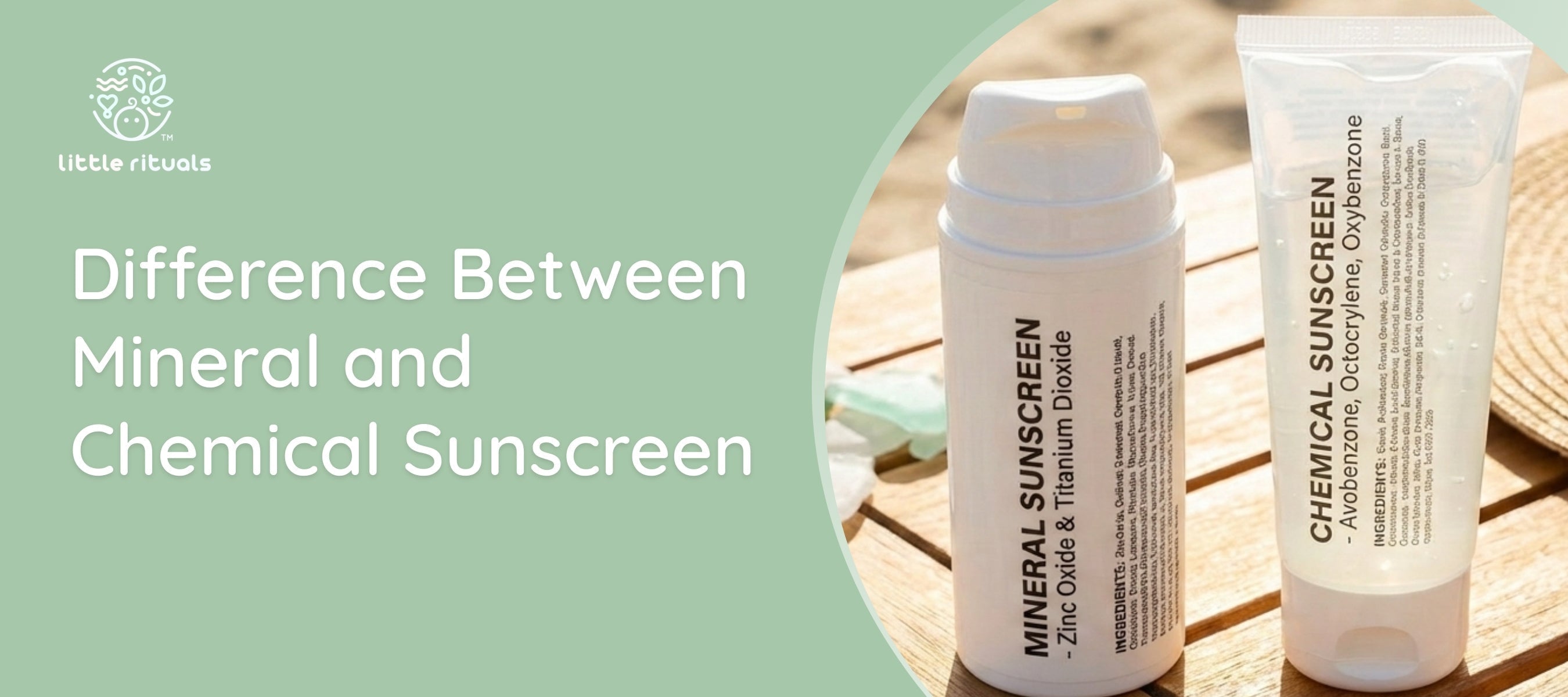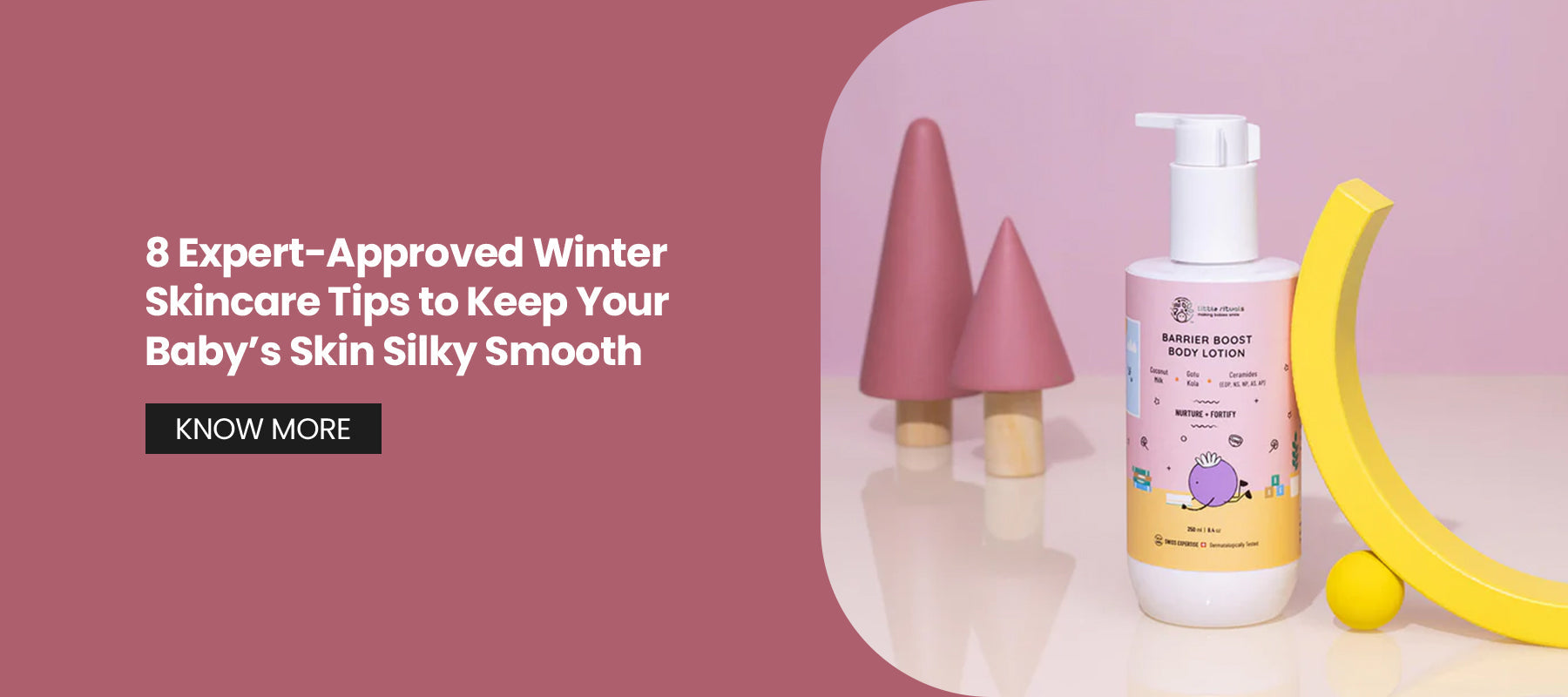
8 Expert-Approved Winter Skincare Tips to Keep Your Baby's Skin Silky Smooth
Winter can be a magical season, but for babies, it often brings a host of skin challenges. With cold air outside and heated rooms inside, your baby's delicate skin is at risk of dryness, irritation, and even painful cracking. So, how do you achieve smooth, baby-soft skin when the temperature drops?
The answer lies in gentle, consistent, and baby-safe skincare tailored to an infant's unique needs. In this guide, we explore eight winter skincare tips designed to keep your baby's skin nourished, protected, and irresistibly soft all season long.
1. Understand Why Baby Skin Needs Special Care in Winter
Baby skin is significantly thinner and more sensitive than adult skin. According to dermatology research, the outermost layer of a baby's skin (the stratum corneum) is approximately 20–30% thinner than an adult's and has reduced lipid (oil) content. This makes it less effective at retaining moisture and more vulnerable to external irritants.
In winter, cold temperatures and low humidity exacerbate these weaknesses, stripping moisture from the skin even faster. Indoor heating adds to the issue by drying the air further. The result? Dry, flaky, or even cracked skin can occur if left untreated.
Retaled Blog: Nurturing tender skin: Winter care for a baby's skin
2. Limit Bath Time and Use Lukewarm Water
Daily baths can be drying for infants in winter, especially if the water is too hot. Prolonged exposure to water washes away the skin's natural oils, leading to moisture loss.
Top Tip: Keep baths to 5–10 minutes and use lukewarm water—make sure it's not hot. Pat the skin gently dry and follow immediately with a baby moisturising lotion to lock in hydration whilst the skin is still slightly damp.
3. Choose a pH-Balanced, Fragrance-Free Cleanser
Not all baby soaps are created equal. In fact, many contain foaming agents or fragrances that can irritate winter-sensitive skin. Scientific reviews on infant skincare consistently recommend mild, pH-balanced cleansers that support the skin's acid mantle—a thin, protective film on the surface.
Look for formulations free from sulphates, parabens, and artificial fragrances. The goal is to cleanse without disrupting the skin's natural barrier.

4. Moisturise Twice Daily with the Right Body Lotion for Babies
Hydration is key in the colder months. A study in Pediatric Dermatology highlighted that daily moisturising significantly improves infant skin barrier function. But the type of moisturiser matters just as much as frequency.
Opt for a body lotion for babies that includes ingredients like shea butter, ceramides, oat extract, or glycerin. These help to both attract and retain moisture.
Bonus Tip: Apply baby body lotion for dry skin at least twice a day—morning and bedtime. The post-bath window is ideal for maximum absorption and efficacy.
Related Blog: How To Apply The Right Baby Body Lotion On Your Newborn
5. Dress in Breathable, Layered Fabrics
Overheating or synthetic fabrics can worsen skin dryness. Dress your baby in breathable, natural fabrics like cotton and bamboo, and layer clothing so you can adjust to indoor or outdoor conditions without overexposing the skin.
Avoid wool directly on the skin, as it can be scratchy and irritating. Instead, use it as an outer layer if needed, with a soft base layer beneath.
6. Use a Humidifier Indoors
Indoor heating systems drastically reduce air humidity, often dropping it below 30%. This dry air pulls moisture from the skin, contributing to winter dryness.
Adding a cool-mist humidifier in your baby's room can help maintain an optimal humidity level (around 40–50%), which supports skin hydration and even respiratory comfort. Always clean the humidifier regularly to prevent mould or bacteria build-up.
7. Protect Skin During Outdoor Walks
Whilst fresh air is beneficial, cold winds and freezing temperatures can cause chapping. If you're heading outside, cover exposed areas like the cheeks, hands, and lips.
Use a gentle baby moisturising lotion or balm on the face to act as a protective barrier. Avoid petroleum-based products, which can trap heat and irritants. Instead, look for plant-based emollients that are breathable and baby-safe.
8. Watch for Early Signs of Dryness or Eczema
Early intervention is key. If you notice flaky patches, redness, or roughness, particularly on the cheeks, tummy, or limbs, step up your moisturising routine. Babies with a family history of eczema or allergies are more prone to dry skin flare-ups in winter.
Use a baby body lotion for dry skin with calming ingredients like calendula, aloe vera, or chamomile. If symptoms worsen or ooze appears, consult your paediatrician or dermatologist to rule out eczema or infections.
Little Rituals for Big Comfort
At Little Rituals, we understand that winter skincare is a form of love, protection, and connection. That's why our baby moisturising lotions are crafted with nature-powered, dermatologically tested ingredients that hydrate, soothe, and protect the smooth and silky skin of babies, free from harsh chemicals or hidden irritants.
If you're wondering how to achieve smooth, baby-soft skin that lasts through the chilliest months, it starts with mindful care and gentle, nourishing products. Our thoughtfully created range ensures your little one's skin stays as soft, safe, and silky as it was meant to be all winter long.
FAQs
- How often should I moisturise my baby's skin in winter? At least twice a day, ideally after bath time and before bedtime. If your baby has dry patches or eczema-prone skin, consider moisturising after every nappy change as well.
- Can I use my regular lotion on my baby? No, adult lotions often contain stronger active ingredients or fragrances unsuitable for sensitive baby skin. Always use a body lotion for babies specifically formulated for their unique needs.
- How do I achieve smooth, baby-soft skin during harsh winters? Follow a winter-specific routine: lukewarm baths, a gentle cleanser, and consistent use of a baby moisturising lotion rich in emollients. Protect from cold winds and maintain indoor humidity.
- Is coconut oil good enough in winter? Coconut oil can help, but it may not provide long-lasting hydration on its own. Dermatologists generally recommend pairing natural oils with a professionally formulated baby body lotion for dry skin to maintain a healthy skin barrier.
- When should I be concerned about dry skin becoming a problem? Persistent redness, cracking, or weeping skin could be signs of eczema or a secondary infection. Seek medical advice if dryness doesn't improve with moisturising, or if your baby seems uncomfortable or itchy.
